I have been staging and decorating a ton lately! Found this article helpful for designing.
Here are the first 20/54 trends, I still LOVE some of these! What do you think??
- TILE COUNTERTOPS
- SHAG CARPET
- WOOD PANELING
- LINOLEUM FLOORING
- TERRAZZO
- TIFFANY LAMPS
- MILLENNIAL PINK
- WORD ART
- FUTONS
- FAST FURNITURE
- NAUTICAL MOTIFS
- EDISON BULBS
- TUFTED HEADBOARDS
- TUSCAN KITCHENS
- DAMASK
- WALLPAPER BORDERS
- MATCHING WINDOW VALANCES
- MASON JAR MANIA
- WICKER FURNITURE
- DUSTY PASTELS
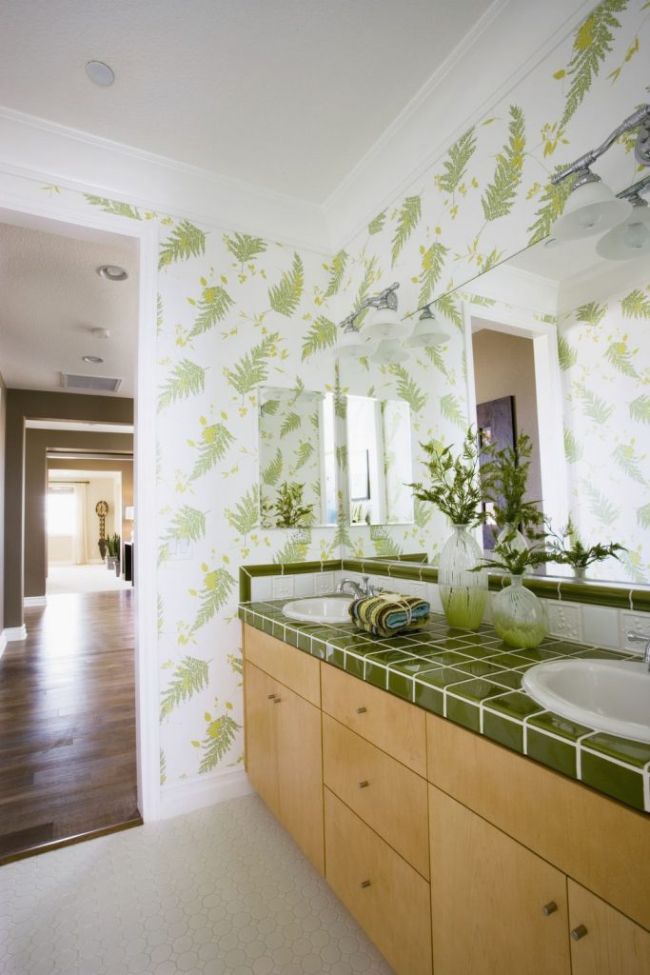
Tile countertops were all the rage in the 1970s, but if you’d like to keep your space current, it’s best to leave this trend behind. Plus, it’s difficult to clean, so avoid the stress and stick with marble or granite.
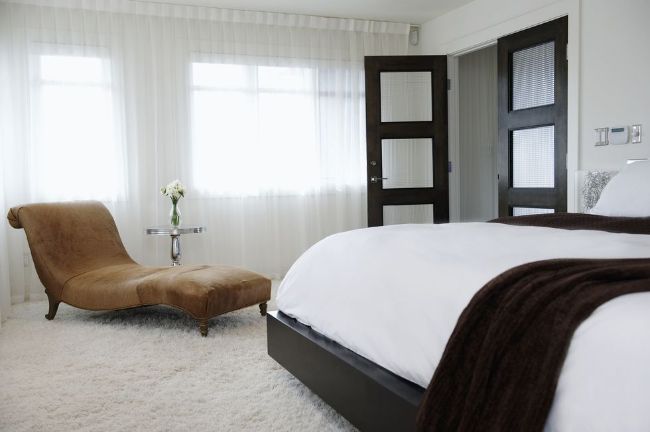
We know, we know. Shag carpets feel wonderful underfoot, but they miss the mark when it comes to making a space look stylish. Stick to low-pile carpets for a more modern aesthetic.
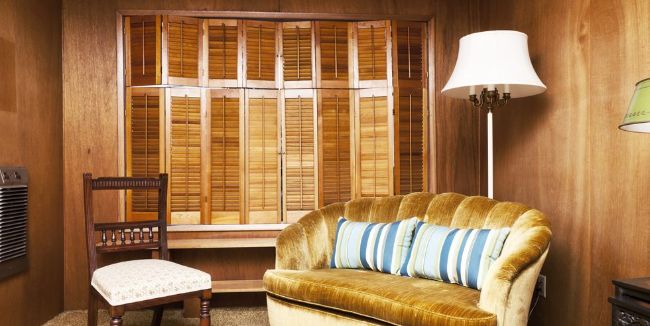
It might have been fabulous in the 70s, but in 2019, avoid wood paneling at all costs. It typically makes a room look dreary and dated, and nobody should settle for this type of environment.
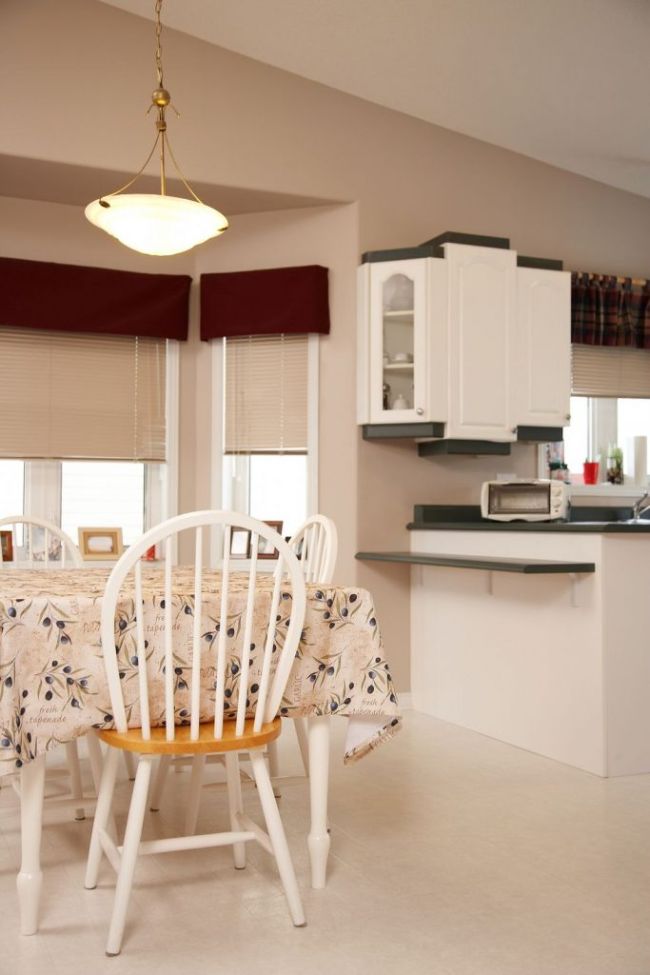
Whether it’s used in a kitchen or dining area, linoleum flooring is just unacceptable. Do yourself a favor and upgrade to a more practical material like wood or tile.
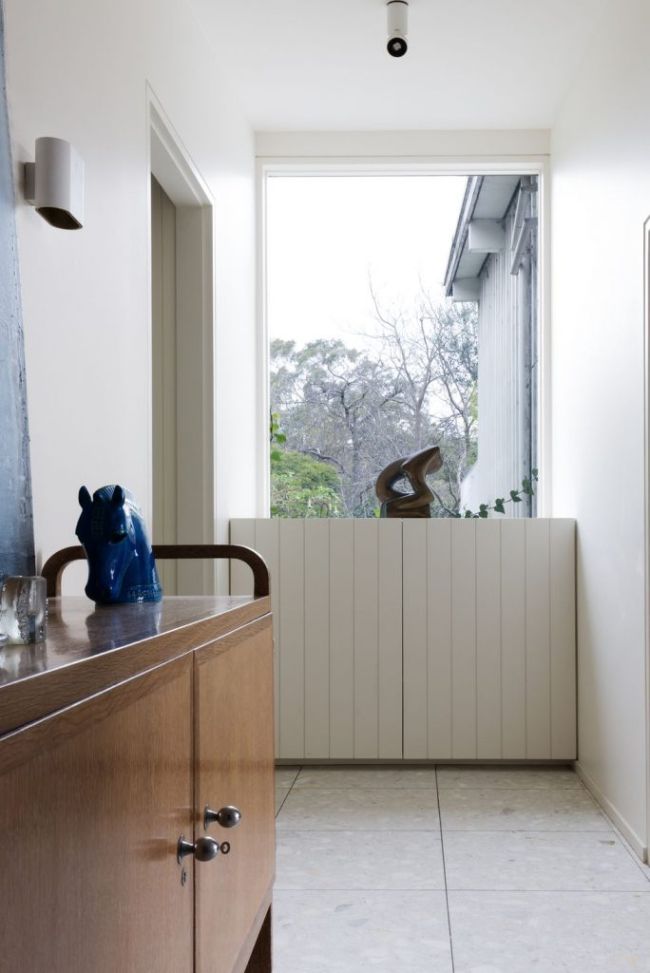
If you don’t want your home to take on the aesthetic of an office building, stay away from terrazzo. It was a popular design choice in the U.S. between 1930 and 1970, but now designers tend to favor materials like granite and marble.
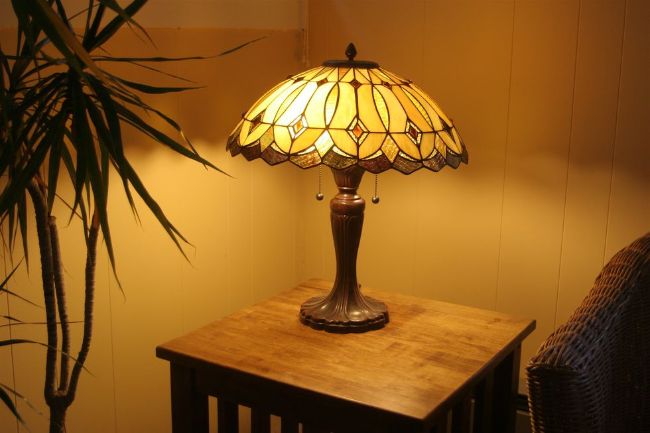
This is a tough one, but in most cases, your best bet is to do away with this famed light fixture. A Tiffany lamp makes a room feel too dated, and there are a slew of other lighting styles on the market that can easily add a a touch of elegance to a room.
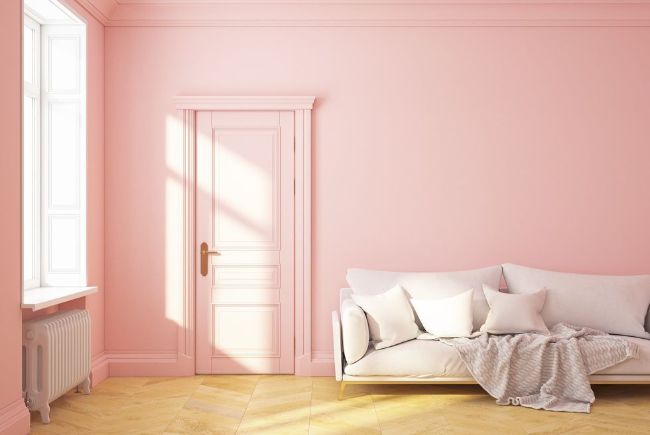
Yes, it’s time to accept that millennial pink is no longer on-trend. For a fresh look, consider hues like yellows or muted green tones, which can work well across a range of design styles.
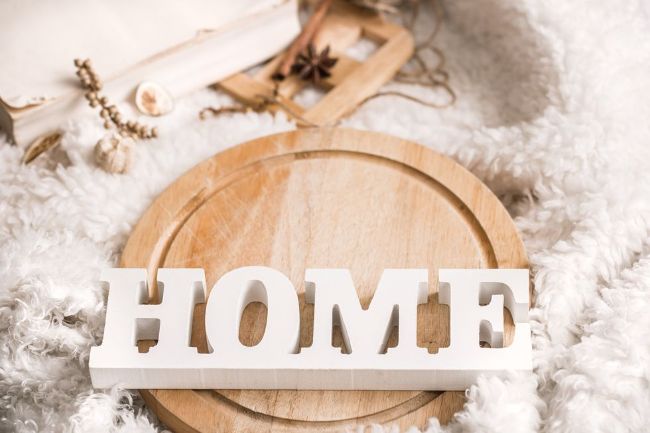
There’s no shortage of wood art at home decor stores, but that doesn’t mean it’s the best choice for your home. Rather than settle for a generic piece of word art, take the time to choose something more meaningful that speaks to your aesthetic.
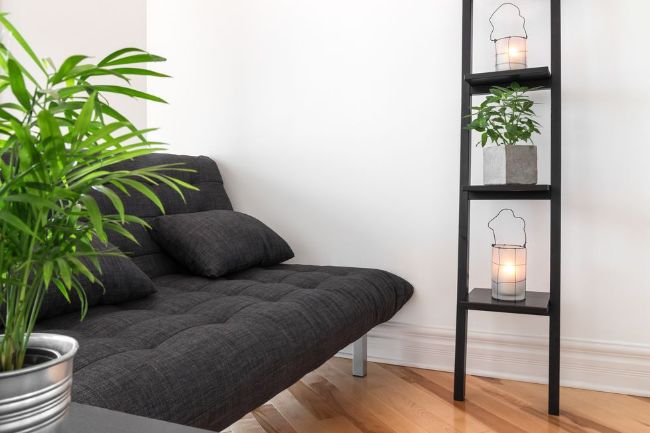
If you’re past the age of 18, there’s no reason to outfit any room in your home with a futon. Stay away from the dorm room look and opt for a traditional sofa style such as a loveseat.
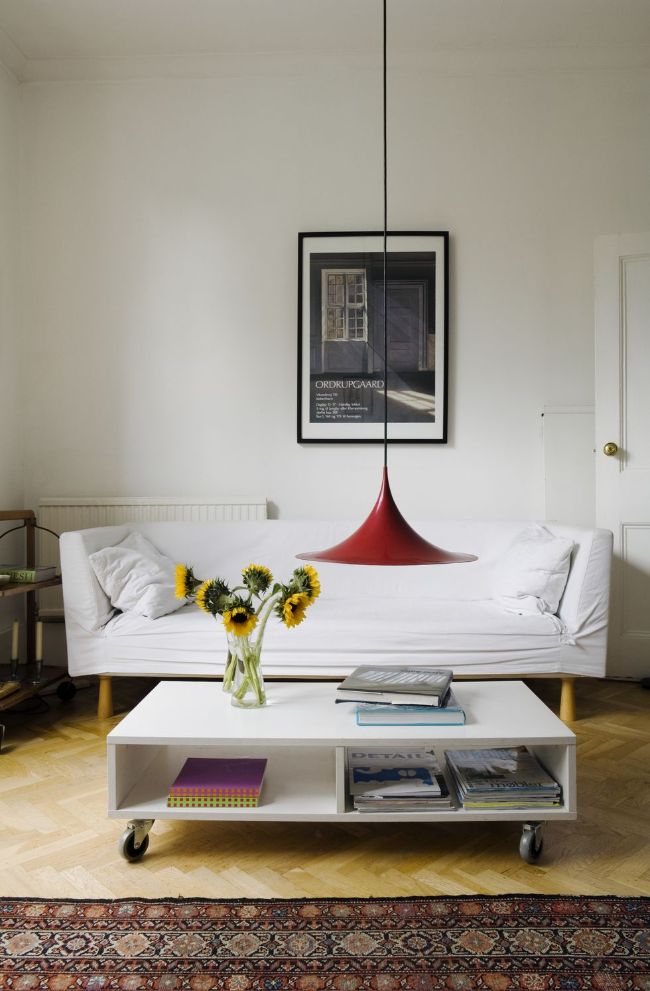
You’ve probably heard of “fast fashion,” which refers to clothing that is a factory-made, much cheaper version of what’s currently on the runway. The equivalent in home decor is “fast furniture,” which is an inexpensive design that you essentially buy knowing that you’ll toss it in a few seasons…or the next time you move. These easy-to-assemble (and even easier to afford) designs really blew up in the mid-1980s and have been going strong since.
Although it can be a great way to save money, there’s a reason that antiquing and repurposing old furniture has been having a major moment. Recycling and reusing existing decor allows you to reduce waste and also collect pieces that are special and have their own story.
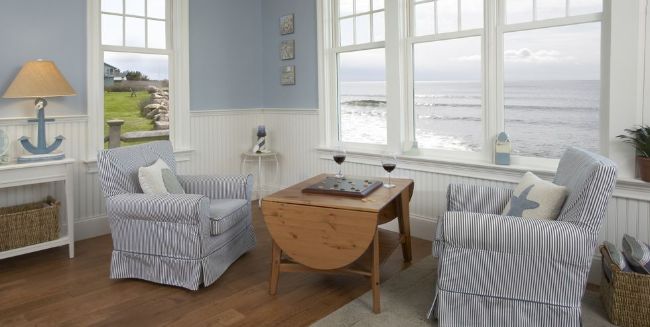
Anchors, sailor’s rope, and seashells belong on the actual beach, not in your living room. Even if you own an oceanside home, ditch the cheesy nautical decor—you can achieve beachy vibes without being too obvious. Pick a color palette inspired by your beautiful surroundings, or include subtle decor elements like coral and driftwood.

Every hip coffee shop from Brooklyn to Portland has these antique-style lights hanging from the ceiling, and we’re over it. The “exposed” lighting look belongs, well, back when Thomas Edison came up with the original design.
Thankfully, glitzy statement lighting is having a major comeback, and honestly, we’d choose a chandelier over one of these dinky little bulbs any day. Harsh lighting is officially out.
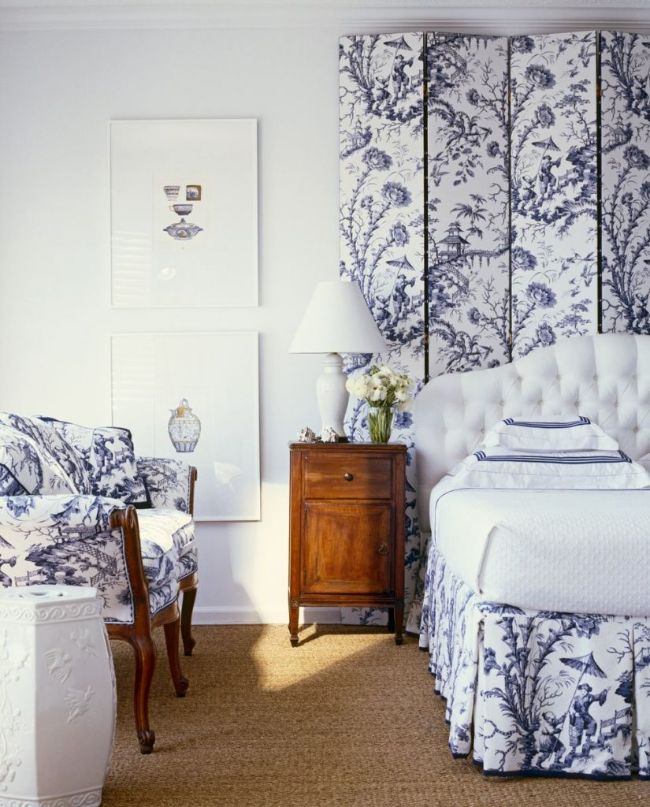
Tufted furniture is centuries old, but it no longer has the glam feel it once did. Now, it just looks a little stuffy—and if you want a statement headboard, why not commit to something that actually makes a statement (instead of blending in with your mattress)?
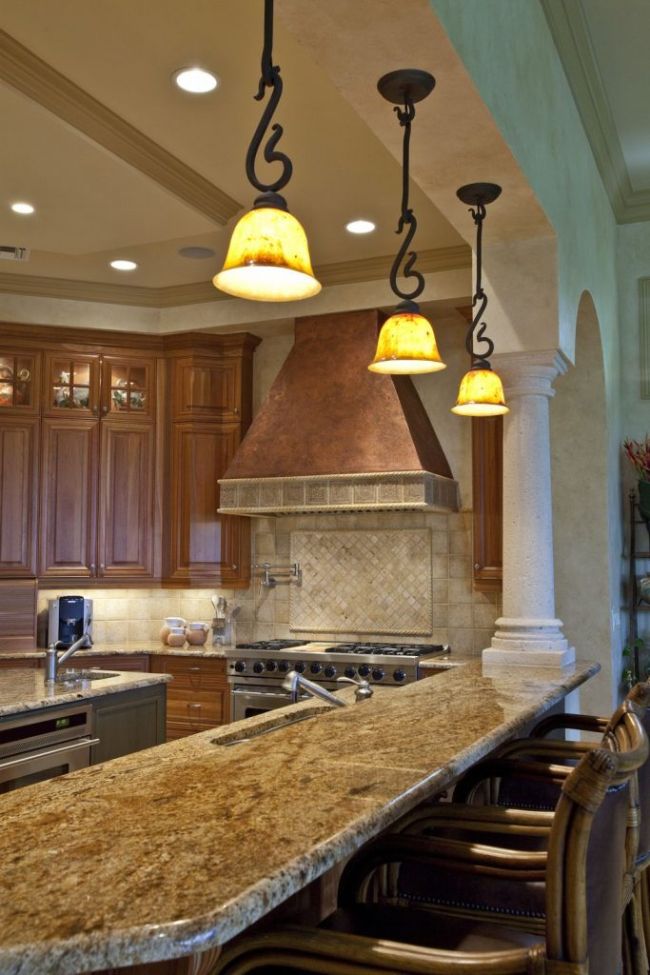
This style was everywhere in the early 2000s, and we can certainly see its appeal. Today’s kitchens, however, focus on creating a light, airy place to cook, rather than emulating a dark Italian villa.
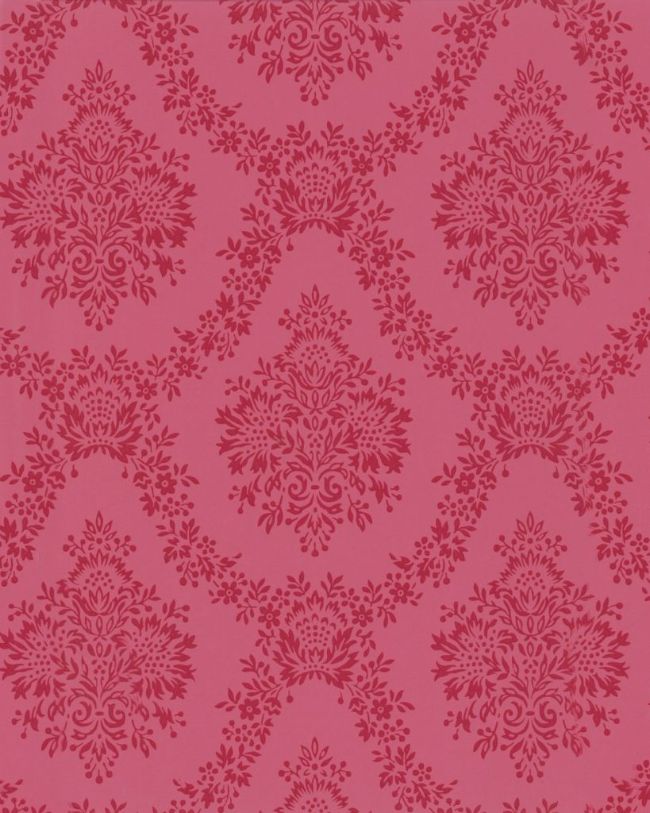
Is it a floral? Is it chintz? No, it’s damask, which was a pattern found on everything from wallpaper to curtains in the 90s. If you still have this in your home, try an update of large, statement blooms instead.
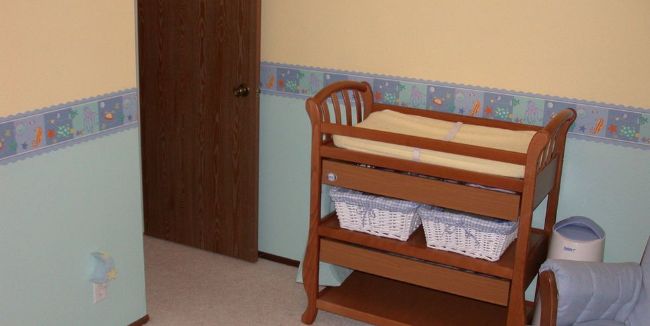
Whether it runs through the middle of a nursery as it does here, or trims the top of your wall, this trend should stop short anytime after the 90s. Try one of these fashionable (and super fun) wallpaper trends instead.
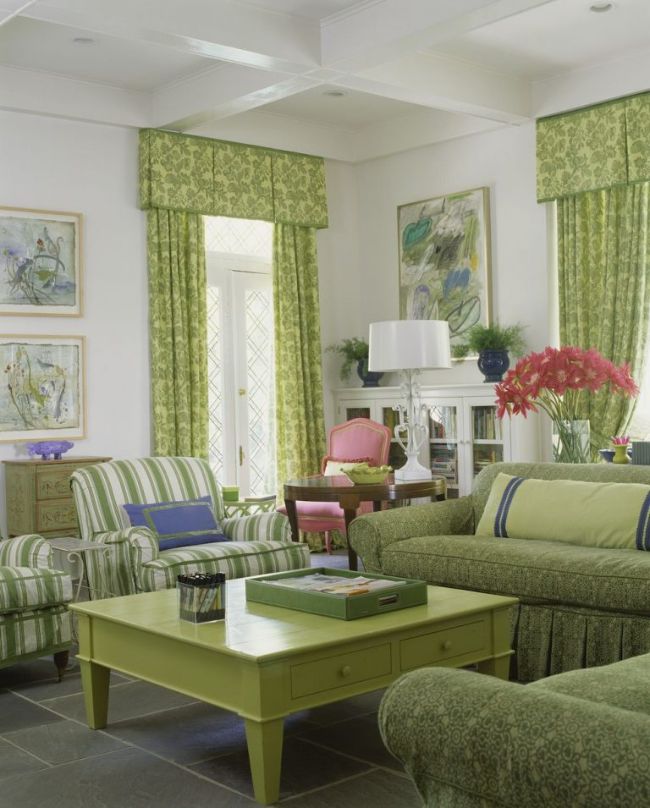
When the window valances match the curtains, and those match the furniture, you know you’ve arrived in a decade past. Swap boxy for elegant with updated, modern curtains.
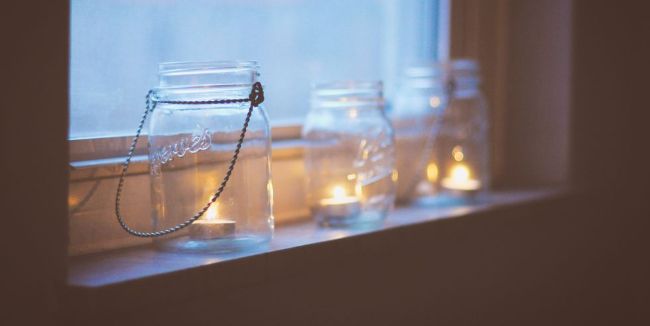
Admittedly, this may still be a trend. Since the 90s, mason jars have been heralded as the answer to all home needs: candle holders, salad containers, soap dispensers—the list goes on. Now, however, a new appreciation is blossoming for artisan goods like hand-crafted vases, meaning mason jars can go back to their original job of canning preserves.
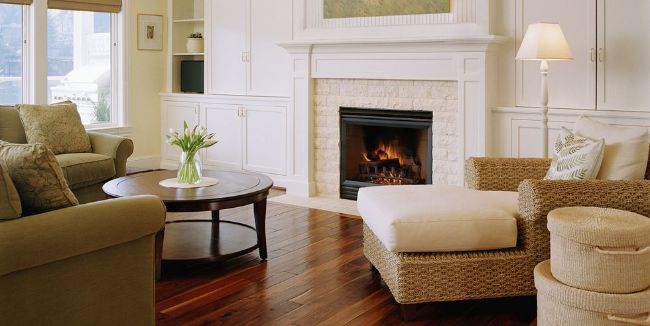
Yes, this will forever be an anchor for your poolside patio. But saturating your interiors with wicker furniture as the world did in the 80s and 90s is no longer necessary. Play with color by investing in a bright sofa instead.
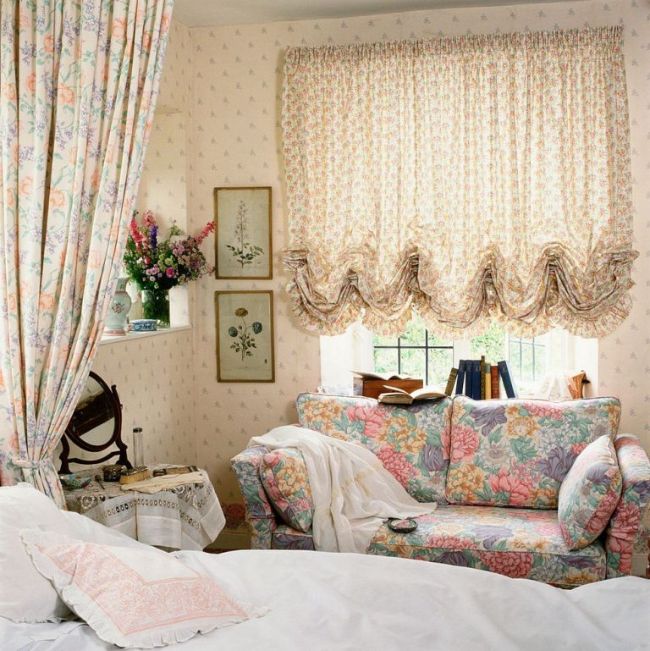
In the 80s, all pastels were dusty blue or dusty pink—giving them that perpetual just-not-quite-clean look. Today, colors are more decisive (like in this London townhouse), and we’re thankful.”
Click Here for full article! Article and photos from www.elledecor.com
